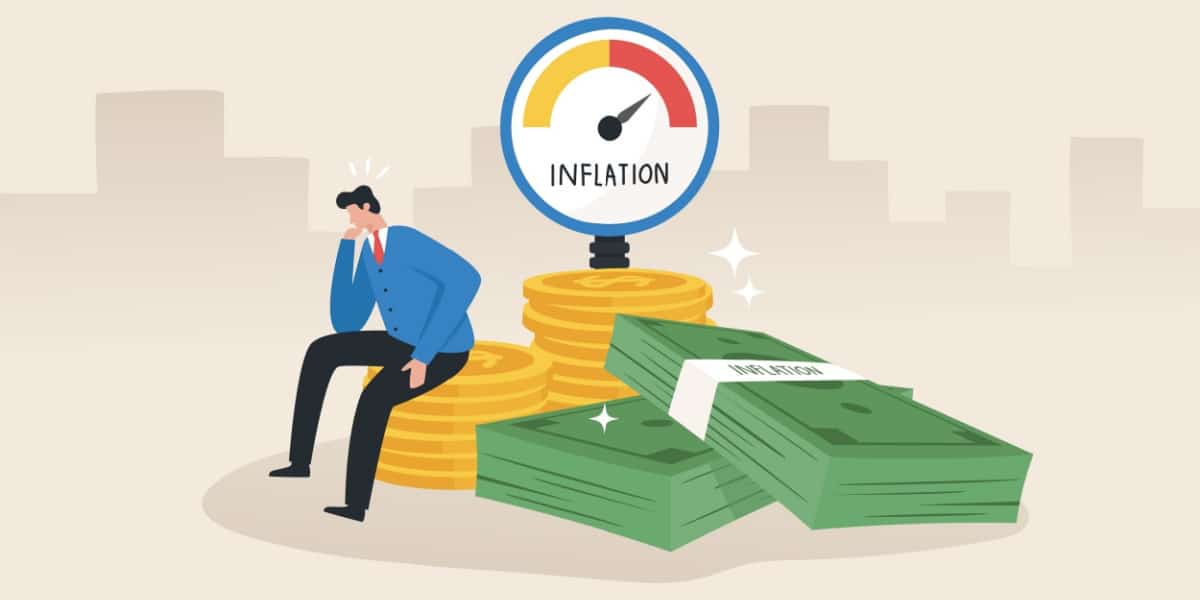
Five Simple Strategies for Motivating Your Sales Team
Written By: Sam Holzman
Motivating Your Sales Team Can Be a Challenge
For a sales manager, motivating your sales team is a never ending battle. Here are five simple strategies for sales team motivation.
Everyone has a set of factors that influence their performance at work—some of these factors are work related, but many are not.
The same goes for motivation; what motivates one employee might discourage another.
Many managers gravitate towards complicated reward systems, accountability strategies, or other similar tactics that promise to inspire your team.
However, these complex strategies can often do more harm than good. Instead, we recommend that you take it back to the basics.
Five Sales Team Motivation Essentials For Sales Managers
Build trust
The success of your sales team is highly dependent on the level of trust they have in you as their manager. If members of the team don’t trust you, they can feel like they’re expendable cogs in the wheel. When this is the case, employees become less motivated to hit their target.
Here are the best ways to build trust within your sales team:
- Be transparent: Make your expectations clear and concise. When an employee goes down the wrong path because of a manager’s vague direction, they lose trust. Explain your goals in detail, and provide them with the tools and information they need to reach those goals.
- Establish open communication: Your sales reps should know what to do when they have a problem, question or suggestion – and you should prove your willingness to listen. Don’t simply say, “Feel free to reach out if you need to.” Rather, create an environment where communication is not just acceptable but is encouraged. Reach out to your sales reps individually to check in on them – not to put pressure on them, but to ask them if they have any questions or concerns you can help with. It’s a quick, simple gesture that will make a big impact.
- Get to know your team: Too many managers make the mistake of only being interested in their sales reps as employees, rather than people. Make an effort to share personal stories and provide an open forum for them to do the same. Not only will you strengthen your bond with your team, but you may also develop new insights into how to manage them based on their individual personalities.
Offer rewards
Appreciation is an important motivator. This goes for all industries, of course, and it’s an area where many companies fall short.
Research shows that 39% of employees feel underappreciated at work, and that 77% of employees would work harder if they felt better recognized.
Of course, there’s no stronger motivator than money. But short of increasing salary or commission for your sales reps, there are a number of cost-effective, meaningful ways to reward your team.
Here are some examples of positive motivational incentives:
- Extra paid time off: Sure, this seems like a cost incentive in the sense that you’re losing out on time a sales rep would typically spend working. But consider the stress of the job, and the fact that most sales reps work much more than 40 hours a week. Sales pressure is very real. Even the hardest working sales professionals can see their motivation falter if they’re overworked. Solve this problem by offering a half-day when a specific goal is achieved. It’s likely that the sales rep will return from this little break refreshed and motivated to hit their next goal.
- A team outing: In addition to rewarding individual reps for high performance, get the team together for a fun outing when a larger goal is met. Take them out for dinner and drinks at a local restaurant, or for a fun activity like bowling. You’ll kill two birds with one stone, so to speak – the upcoming prize will motivate your team, and the outing itself will be a valuable team bonding experience.
- Lunch with an executive: As a prize for exceptional performance, offer the sales rep the opportunity to spend one-on-one time with one of the company’s leaders. This will be a special experience for them, and they’ll be motivated to continue striving for high performance numbers.
Remember: the best incentives don’t just give sales reps something to chase, but also motivate them long after they’ve received the prize. The right rewards will inspire hard work to close deals faster and ultimately bring in more revenue.
Gamification
In general, sales professionals are a competitive bunch. Gamification, or using ‘games’ to incentivize employees, has seen a rise in popularity in recent years. Gamification provides a sense of fun that is often missing from workplaces. For competitive personalities gamification is an effective motivator.
Keep in mind: gamifying your sales business will only be effective if every member of your team feels that they can “win”. For example, less seasoned sales reps may grow discouraged if they see no path to outperforming their more experienced colleagues.
The best solution? Implement a team-based system where you group together sales reps into small teams competing against each other. The benefits to this strategy are substantial: your sales reps will become closer to each other as they work together to top the leaderboard, and the spirit of competition will increase overall motivation.
Outline short-term goals
When goals seem far away, sales reps can lose motivation and fall into a slump. To avoid this problem, set small goals – weekly and even daily accomplishments – along with your long-term ones.
If your sales reps have something to work towards every day, their motivation will be less likely to flag. You can reward them for hitting these daily or weekly goals as well! Even minor gestures will go a long way to show your appreciation and keep your team motivated.
Provide a clear path for growth
Sales reps, like most employees, want to have a clear picture of where their career is going. This is particularly important in the sales industry. In fact, research shows only 39% of salespeople intended to go into sales in the first place.
If you don’t outline the great career opportunities they can grow into, your team members may become disinterested and skeptical that there is any purpose to their productivity.
Final Thoughts
Every sales team is made up of individuals with unique personalities and goals – and therefore, no two teams are the same. Motivation strategies that work for one team may not work for another, and vice versa.
Luckily, there are many methods you can try out that won’t cost you much – all they take is the right attitude, effort, and understanding of your sales team.
Listen to your sales reps and learn what motivational tools they respond to best.
Not only will you increase sales productivity, but you’ll have created a more pleasant, inspiring environment for your team.
Part of developing a high performing sales team is hiring the right salespeople. Download our FREE Ultimate Sales Interview Guide and learn how to source, recruit, hire, and retain top sales talent.
About the author
Sam Holzman
Sam Holzman is the Content Marketing Specialist at ZoomInfo where he writes for their…
Get FREE Sales Training Delivered to Your Inbox
Join more than 360,000 professionals who get our weekly newsletter.
Related Articles

Learn Online
Self-paced courses from the
world's top sales experts

Virtual Training
Live, interactive instruction in small
groups with master trainers

Coaching
One-to-one personalized coaching
focused on your unique situation






